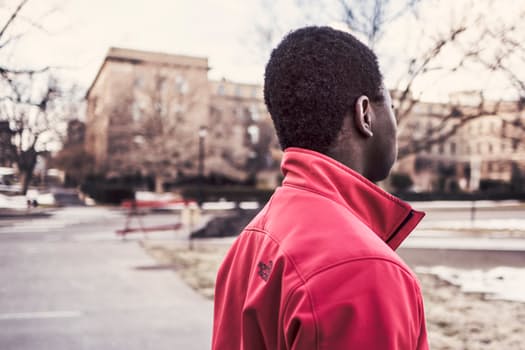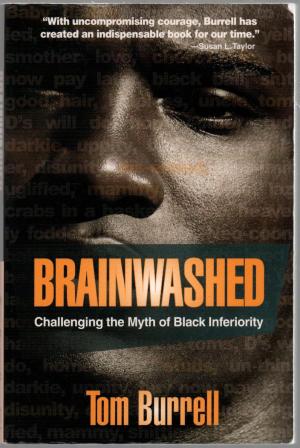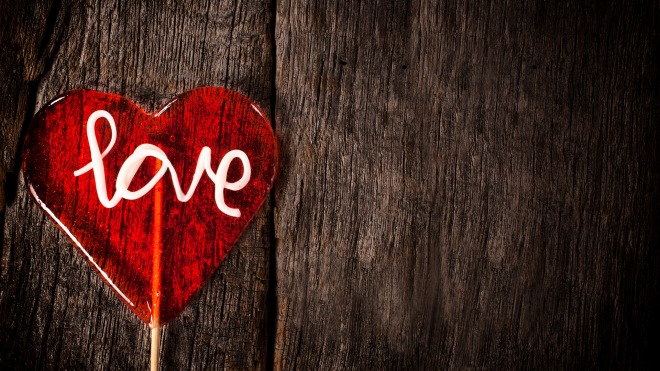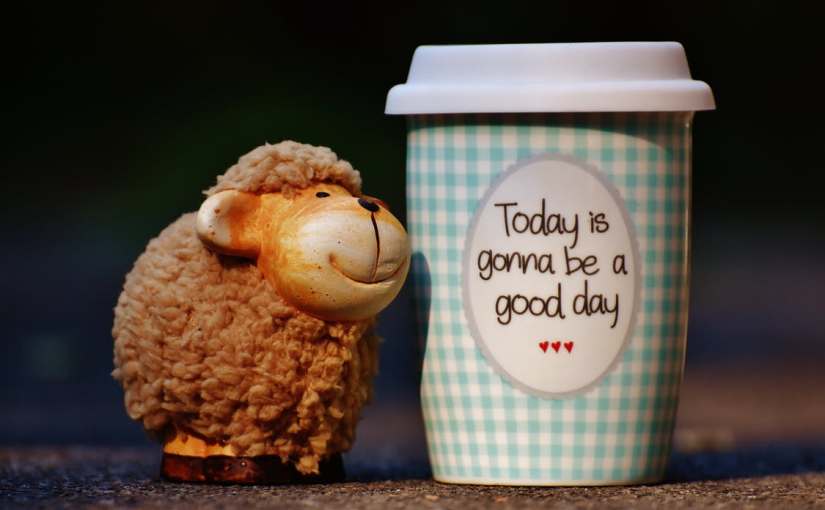As a woman of color and a mental health professional, one of the topics that is near and dear to my heart is the prevalence of mental illness in the African American community. May is mental health awareness month and after reading a very touching piece by a fellow blogger on how he is dealing with recent diagnosis of schizophrenia, I was moved to write a post on the subject.

In the African American community there are many misconceptions when it comes to mental illness. The topic of mental illness is often seen as a taboo and most don’t speak on the topic at all. Many believe that a mental health condition is a personal weakness or some even a punishment from God. This leads to many being reluctant to discuss mental health problem or even seek treatment because of the shame and stigma that comes along with a psychiatric diagnosis.

According to the U.S Department of Health and Human Services Office of Minority Health, African Americans are 20% more likely to report having serious psychological stressors than non-whites, yet despite this, young adult African Americans, especially those with higher levels of education, are less likely to seek mental health services than their white counterparts. The top four reasons for failure to seek treatment included:
Socioeconomic Status: In the US where health insurance is closely tied to employment, the high rate of unemployment in the African American communities coincides with a high rate of individuals who are uninsured or under insured thus leading to lack of diagnosis and treatment.
Distrust: Many African American professionals, especially those who climbing up their respective professional ladders, are often faced with institutionalized racism and often are compelled to be strong. In the corporate world, many African Americans face social isolation and often and they feel that they can’t trust anyone or share anything and must go it alone.
Lack of African American Mental Health Professionals: In 2015, only 3.7% of members in the American Psychiatric Association and 1.5% of members in the American Psychological Association were identified as African American. A person’s beliefs, norms, values and language plays a vital role in their health, including mental health. Cultural competence is a doctor’s ability to recognize and understand the role culture plays in their patient’s treatment outcome and to adapt to this reality to meet your needs. Cultural incompetence can lead to insensitive mental health provider and greater mistrust from the patients.
Most African Americans rely on faith, family and social communities for emotional support rather than turning to health care professionals, even at the point where medical or therapeutic treatment may be necessary.

Faith and spirituality can play a vital role in your mental health recovery process but should not be the only option. Spiritual leaders and other members of your community can provide much needed support. However be aware that spiritual communities can also become a source of emotional distress and even the origin of the social stigmas if members of this community are uneducated on mental health.
Don’t let fear of what others may think prevent you or a loved one from getting better. One in five Americans are living with a mental illness. You are not alone. Help is just a click away. People often don’t get the mental health help they need because they don’t know where to start. Use these resources to find the help you, your friends, or family need.
mental health screening tools.
http://ok2talk.org/
Veterans Crisis Line is available 24/7 by dialing 1-800-273-8255 and pressing 1
http://www.militaryonesource.mil/transition?content_id=267534
In Crisis? Call 1-800-273-TALK
The Association of Gay and Lesbian Psychiatrists offers numerous resources for LGBT people who are experiencing mental health conditions, including a directory of LGBT-friendly therapists.
Text “NAMI” to 741741
It’s important that those living with mental illness know that they are not alone, and sharing your personal experiences can also help with your personal recovery. Have a story that you’re comfortable telling? Share below.
Copyright  2017 by travelingsistaz. All rights reserved.
2017 by travelingsistaz. All rights reserved.



Edited by Kevin Khan RPAC
![]()
![]()
![]()
![]()











 2017 by travelingsistaz. All rights reserved.
2017 by travelingsistaz. All rights reserved.